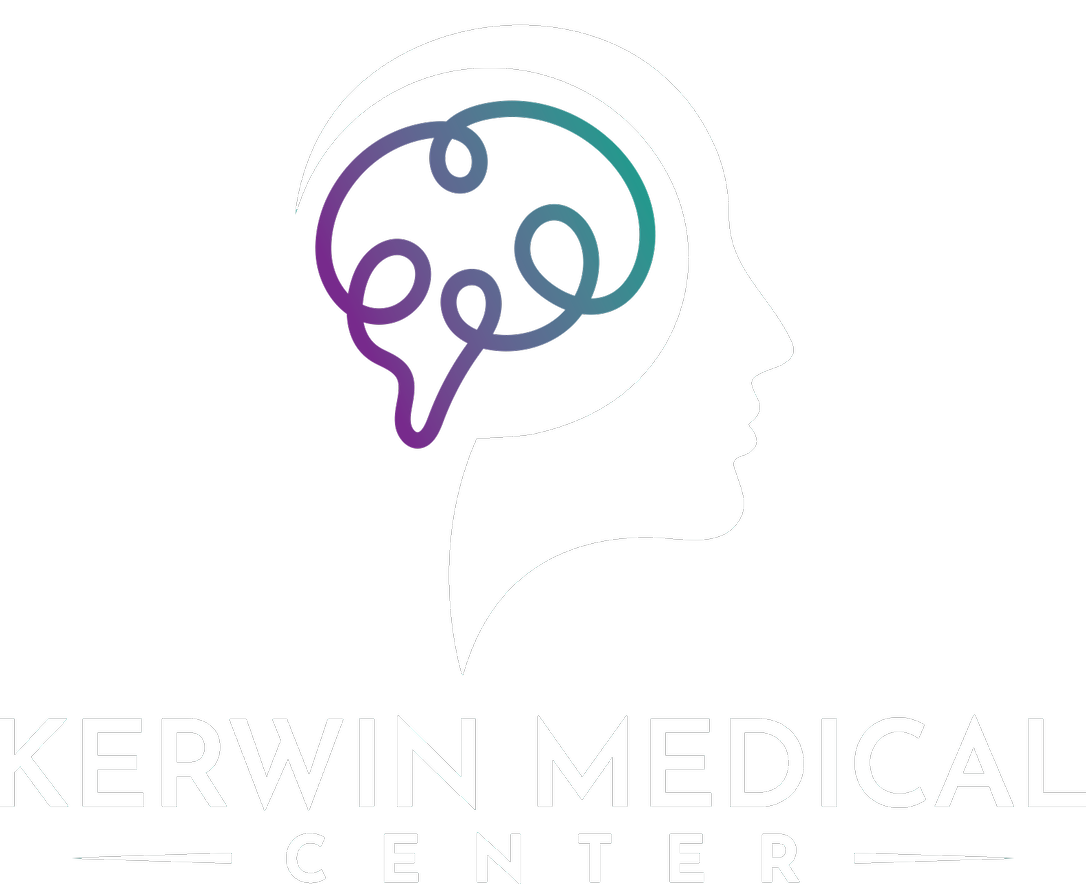FREQUENTLY ASKED QUESTIONS
-
WHAT IS A RESEARCH STUDY?
A research study (also known as a clinical trial) is a medical study that is designed to answer questions about the safety of potential new drugs and to find out how well they work. These studies must be performed before a potential new medication or treatment can be approved for use in patients and sold to the general public.
It is important to test drugs and medical products in the people they are meant to help. It is also important to conduct research in a variety of different people because different people may respond differently to treatments.
For each research study, researchers develop eligibility criteria, such as age, gender, previous treatment history, and other medical conditions. Not everyone who applies for a research study will be accepted. Participants will be selected based on the eligibility criteria and the number of participants needed by the researchers.
-
DOES PARTICIPATING IN CLINICAL TRIALS COST ME ANYTHING?
There is no cost to you or your insurance provider for participating in clinical trials. If you qualify for a study, study-related care would be provided at no cost to you.
-
DO I NEED HEALTH INSURANCE TO PARTICIPATE?
No, health insurance is not required in order to participate.
-
WHAT IS EARLY SYMPTOMATIC ALZHEIMER’S DISEASE?
Early symptomatic Alzheimer’s disease causes a slight but noticeable and measurable decline in cognitive abilities. It involves problems with memory, thinking, language, and judgment skills.
(Source: Alzheimer’s Association alz.org )
-
WHAT ARE EARLY SIGNS OF ALZHEIMER’S DISEASE?
Memory loss that disrupts life, challenges in planning or problem solving, difficulty completing familiar tasks, confusion with time or place, difficulty with words in speaking or writing, poor judgement and more.
(Source: http://www.alz.org/alzheimers-dementia/10_signs )
-
WHAT IS A PLACEBO AND WOULD I POSSIBLY GET A PLACEBO?
A placebo is a substance with no active drug. In this case, the placebo looks like the investigational drug but does not contain the active ingredient. If you qualify, you will be randomly assigned to either the investigational drug or a placebo. Neither you nor the study staff will know your assignment.
-
ARE THERE ANY SIDE EFFECTS, RISKS, OR COMPLICATIONS WITH THE INVESTIGATIONAL DRUG?
If you pre-qualify, a member of our study team can give you information about your concerns.
-
WILL I HAVE TO DISCONTINUE ANY CURRENT MEDICATIONS?
All clinical trials follow a protocol that includes different criteria. If you pre-qualify for a trial, a member of our study team can give you information.
-
WHAT IS AN MRI AND WILL I RECEIVE ONE?
Magnetic resonance imaging (MRI) is a medical imaging technique that uses a magnetic field and computer-generated radio waves to create detailed images of the organs and tissues in your body.
The MRI necessity and frequency is determined by the clinical trial you will be on. This information will be discussed with you when a staff member goes over the informed consent with you.
(Source: http://www.mayoclinic.org/tests-procedures/mri/about/pac-20384768 )
-
WHAT IS A PET SCAN AND WILL I RECEIVE ONE?
A positron emission tomography (PET) scan is an imaging test that helps reveal how your tissues and organs are functioning. A PET scan uses a radioactive drug (tracer) to show the differences in normal and abnormal function.
The PET scan necessity and frequency is determined by the clinical trial you will be on. This information will be discussed with you when a staff member goes over the informed consent with you.
(Source: http://www.mayoclinic.org/tests-procedures/pet-scan/about/pac-20385078 )
-
WHAT IS A LUMBAR PUNCTURE AND WILL I NEED ONE?
A lumbar puncture (spinal tap) is performed in your lower back, in the lumbar region. During a lumbar puncture, a needle is inserted between two lumbar bones (vertebrae) to remove a sample of cerebrospinal fluid. This is the fluid that surrounds your brain and spinal cord to protect them from injury.
The lumbar puncture necessity and frequency is determined by the clinical trial you will be on. This information will be discussed with you when a staff member goes over the informed consent with you.
(Source: Lumbar puncture (spinal tap) – Mayo Clinic )
-
WHAT IF I DECIDE I DON’T WANT TO PARTICIPATE?
Participation is strictly voluntary. If you agree to participate in the clinical research study, you may stop at any time.
-
I HAVE NEVER BEEN TO YOUR CENTER. WHAT SHOULD I EXPECT?
The pre-screen visit is to gather information and to get to know you better. We do ask that the pre-screen packet be completed and brought in to the scheduled appointment visit.
What to expect during the visit:
- Total visit time is approximately 45 minutes to 1 hour.
- A prescreen informed consent form will be provided to you for review and all your questions will be answered. Should you consent to proceed, a signature will be obtained by you and a copy of the consent form will be provided to you to take home.
- Our study team will thoroughly review over the pre-screen packet with you.
- A short memory screen may be conducted.
- Request for medical records from your treating provider will be requested.
Your pre-screen evaluation will be reviewed by our study team and you may be matched to a qualifying trial. At that point, you will be connected with the Clinical Research Coordinator that will guide you to the next step.
-
WHERE CAN I FIND INFORMATION ABOUT OTHER STUDY SITES?
If our site does not have a clinical research trial that would be a fit for you or your loved one at this time, please utilize clinicaltrials.gov to search for enrolling clinical trials in your area.




